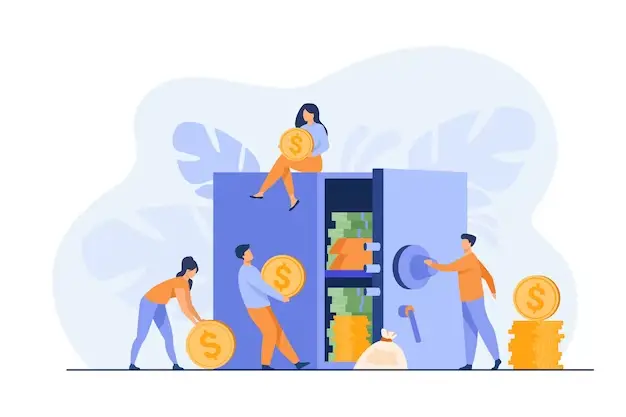Understanding Universal Basic Assets
Universal Basic Asset (UBA) is an emerging economic concept that proposes providing all citizens shared ownership or access to fundamental resources like land, natural resources, intellectual property, or digital platforms.
Proponents of UBA believe it could reduce inequality and increase economic participation by making people shareholders in aspects of the economy. This contrasts with Universal Basic Income which gives cash payments.
Examining How Universal Basic Assets Could Work
There are different ways UBA could potentially be implemented:
- Citizens receive a trust funded by taxes that invests in assets on their behalf
- Citizens get direct stakes in public resources like land or infrastructure through vouchers
- People are provided accounts giving digital access to platforms and IP
- Natural resources are pooled into a sovereign wealth fund paying dividends
The core premise is making people partial owners of the economy’s underlying value drivers. Implementation could take many forms depending on the assets involved.
Evaluating the Potential Benefits and Challenges
Universal Basic Assets proponents point to benefits like:
- Reduced inequality from broader asset ownership
- Increased financial security through asset stakes
- Economic stimulus from resulting spending
- Greater empowerment through capital access
However, challenges to consider include:
- Significant costs to fund and administer
- Complex policy and technology needs
- Difficult to transition from current systems
- Risks from market volatility on assets
Key Takeaways
While an intriguing economic concept, UBA involves major practical hurdles and unknowns. But it offers an alternative approach to confronting inequality through asset distribution.
Careful analysis of costs, benefits, and policy tools is needed to further develop Universal Basic Asset from abstract concept to viable policy option. Ongoing evolution of the digital economy may present opportunities.



